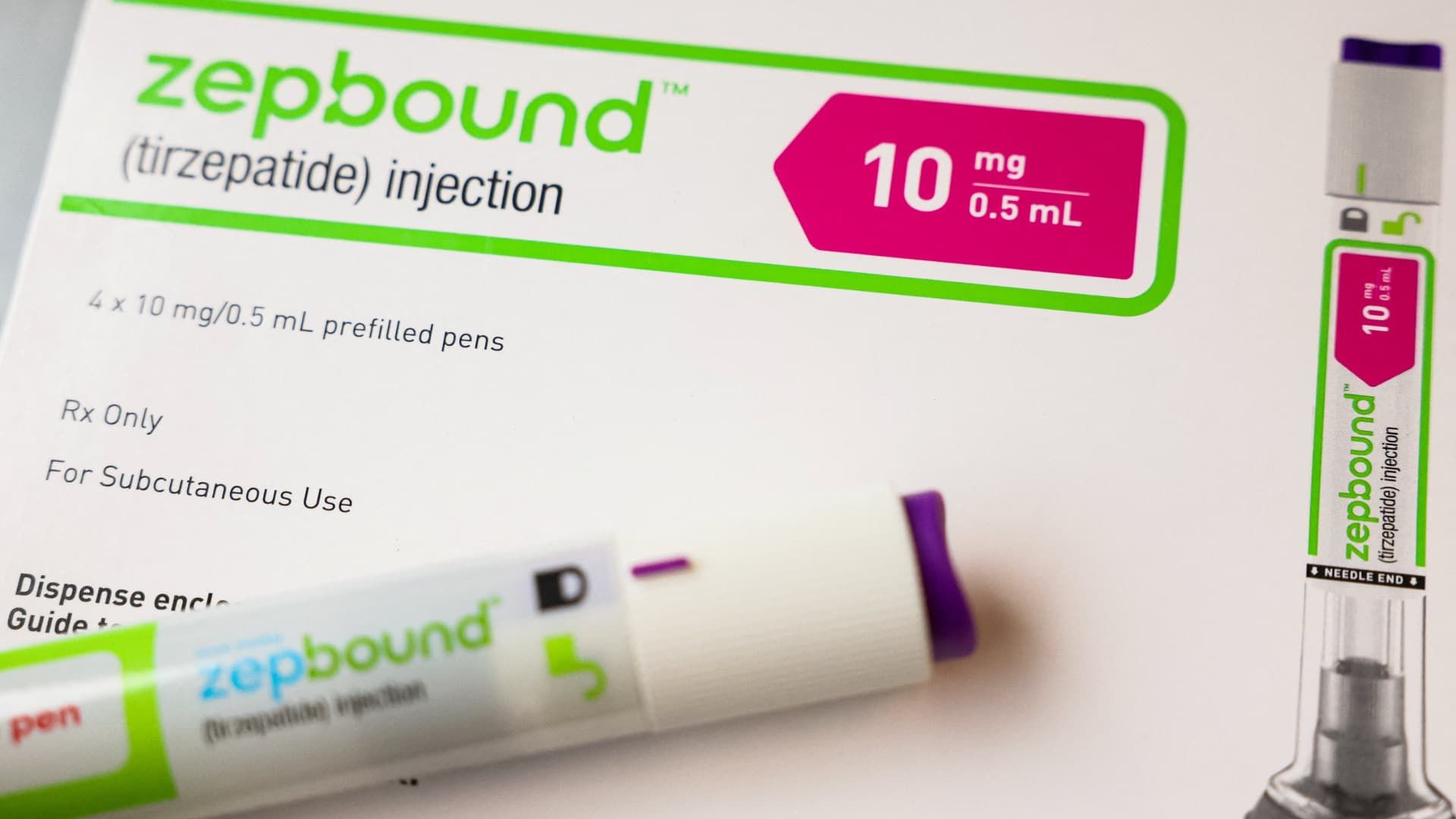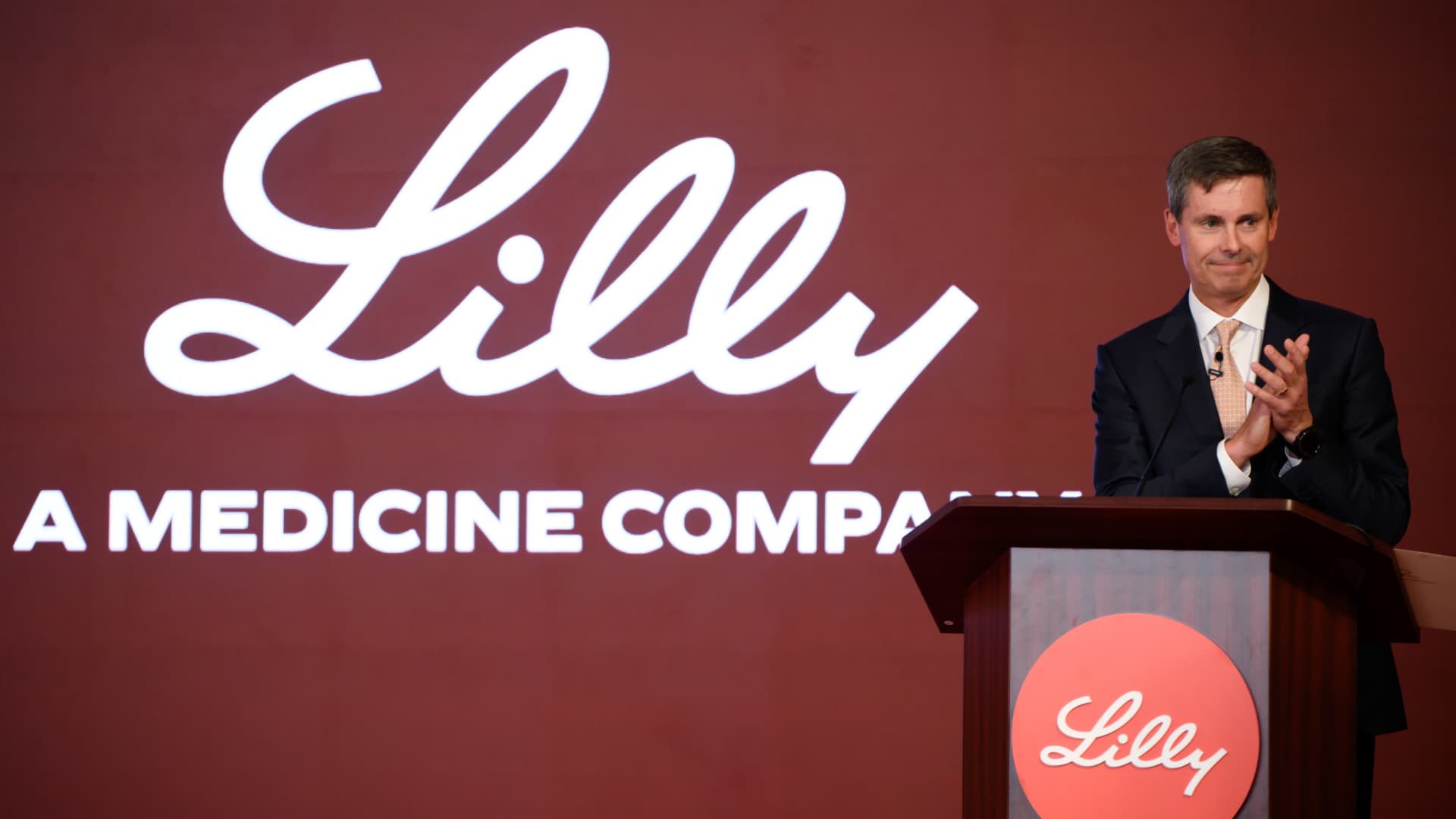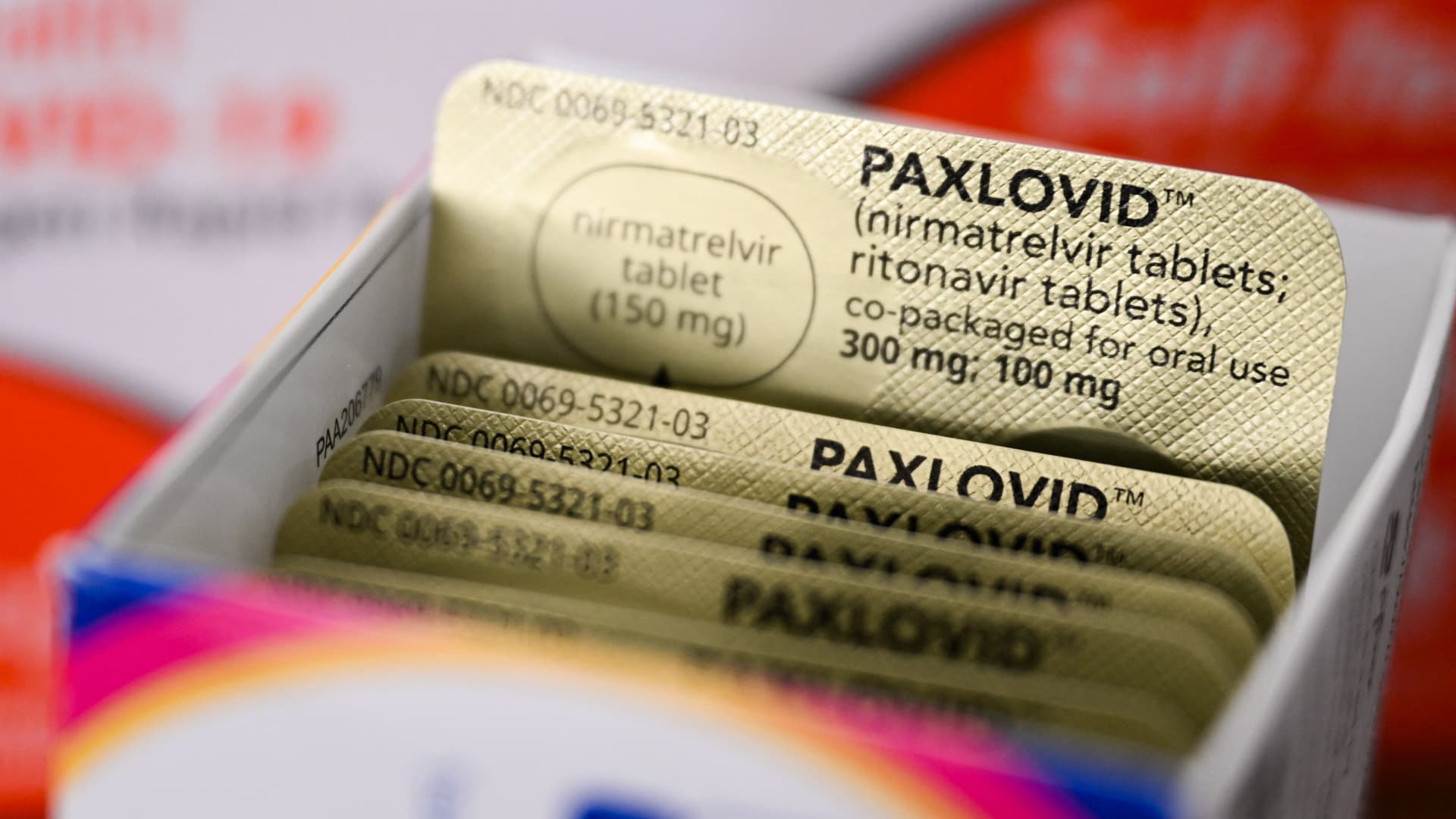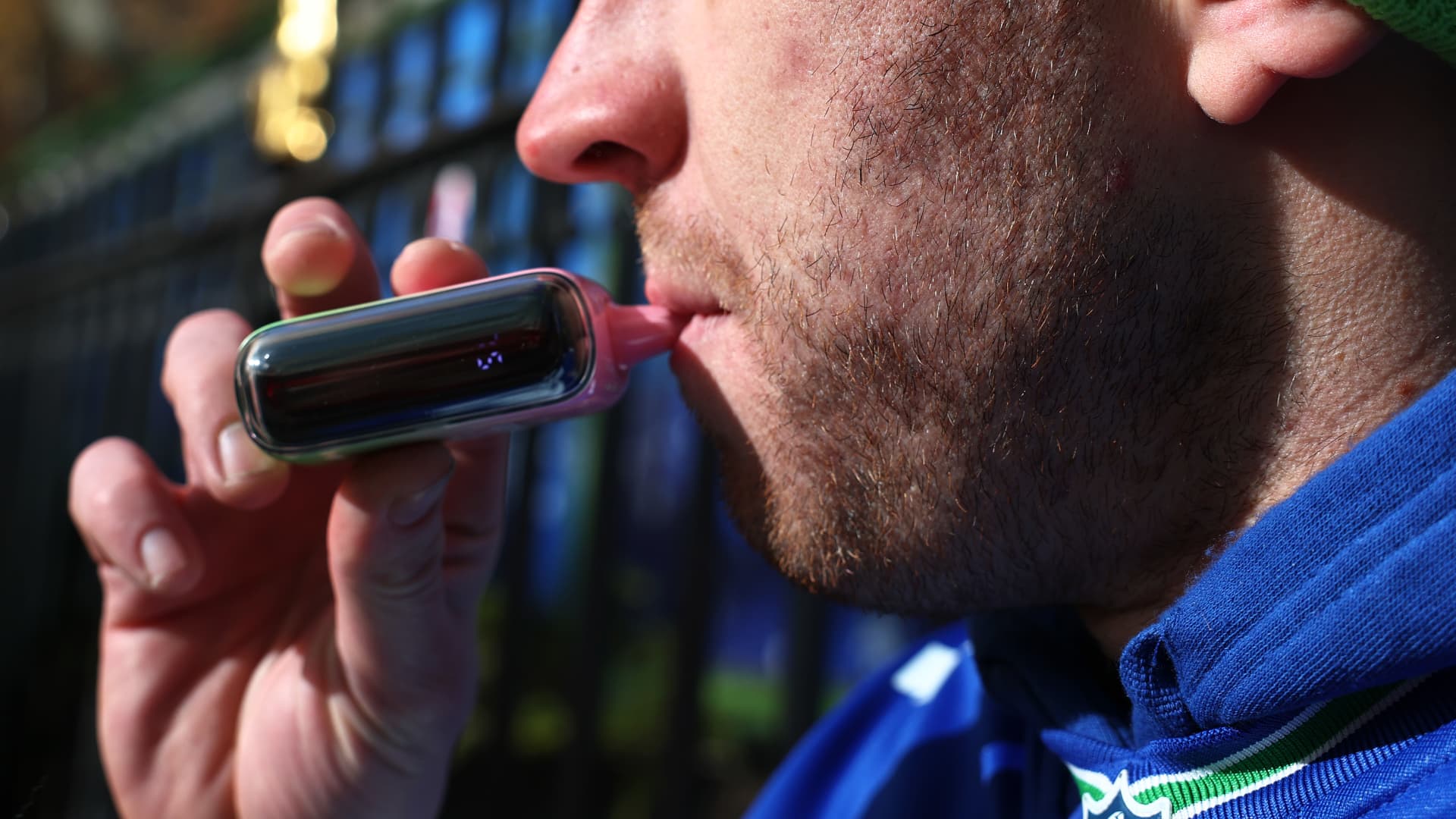An injectable pen of Zepbound, Eli Lilly's weight loss drug, is on display in New York City on December 11, 2023.
Brendan McDermid | Reuters
Medicare drug plans can now cover Eli LillyZepbound, the blockbuster anti-obesity drug for obstructive sleep apnea, CNBC confirmed Wednesday.
That opens the door to broader access to Zepbound, which is not currently covered by Medicare or many other weight-loss insurance plans. Demand for the shot has skyrocketed over the past year despite its price of about $1,000 a month before insurance.
In a statement to CNBC, a spokesperson for the Centers for Medicare and Medicaid Services, an agency of the U.S. Department of Health and Human Services, said “current Medicare Part D and Medicaid coverage rules apply.” to Zepbound following its landmark approval in December for the most common sleep-related breathing disorder.
Medicare Part D plans can only cover obesity drugs if they are used for an additional medically accepted purpose approved by the Food and Drug Administration, the CMS spokesperson said, referring to the agency's guidance. The spokesperson added that Part D plans may consider using prior authorization (a process in which a provider must first get approval from an insurer) for those drugs to ensure they are used for that specific purpose.
On Dec. 20, the FDA cleared Zepbound for patients with obesity and moderate to severe forms of obstructive sleep apnea, or OSA, which refers to interrupted breathing during sleep due to narrow or blocked airways. That made Zepbound the first drug treatment approved for the roughly 20 million people who suffer from those forms of the disease, according to Eli Lilly.
Medicare Part D plans may also cover NordiskWegovy, the weight loss drug, for its other approved use: reducing cardiovascular risks. Wegovy and Zepbound's diabetes counterparts (Ozempic and Mounjaro, respectively) are covered by Medicare and most insurance plans.
Both Novo Nordisk and Eli Lilly are studying their weight-loss drugs as treatments for fatty liver disease, chronic kidney disease, sleep apnea, and more. To be covered, those drugs would have to show results from late-stage trials and then be submitted for FDA approval for those uses.
Meanwhile, state Medicaid coverage for Zepbound and other obesity medications depends on what condition they are prescribed for and whether their manufacturer has signed a certain Medicaid drug reimbursement agreement, according to the spokesperson.
Under that agreement with the Secretary of Health and Human Services, manufacturers agree to offer rebates to states in exchange for Medicaid coverage of their drugs. States share reimbursements with the federal government.
A state Medicaid program must cover Zepbound if it is prescribed for OSA and Eli Lilly has signed the Medicaid drug reimbursement agreement, the spokesperson said.
But if Zepbound is prescribed for weight loss, state Medicaid programs are not required to cover it.
The Biden administration proposed a rule in November that would allow Medicare and Medicaid to cover weight-loss drugs for patients with obesity. The rule would give millions of people access to weekly injectables, but would cost taxpayers up to $35 billion over the next decade.
It is unclear whether President-elect Donald Trump's administration will enforce the rule.












